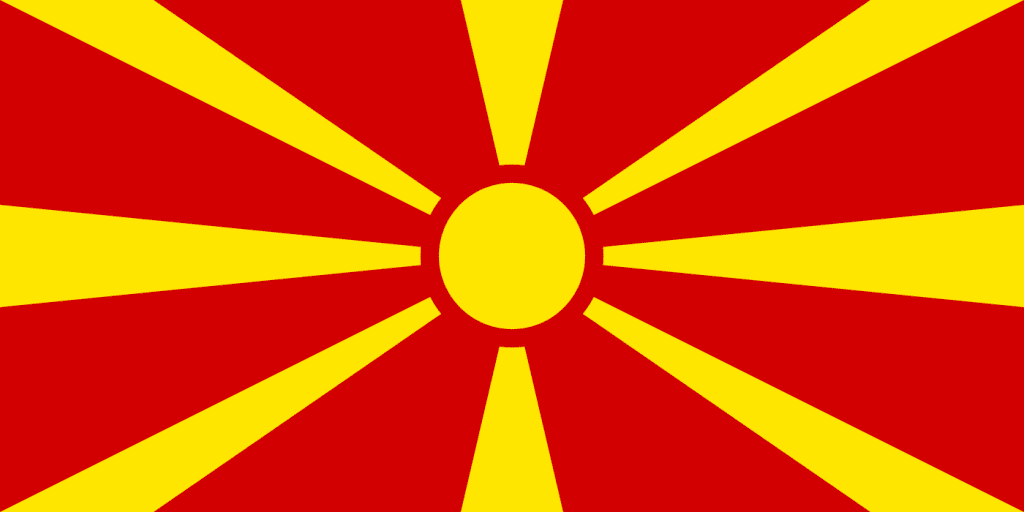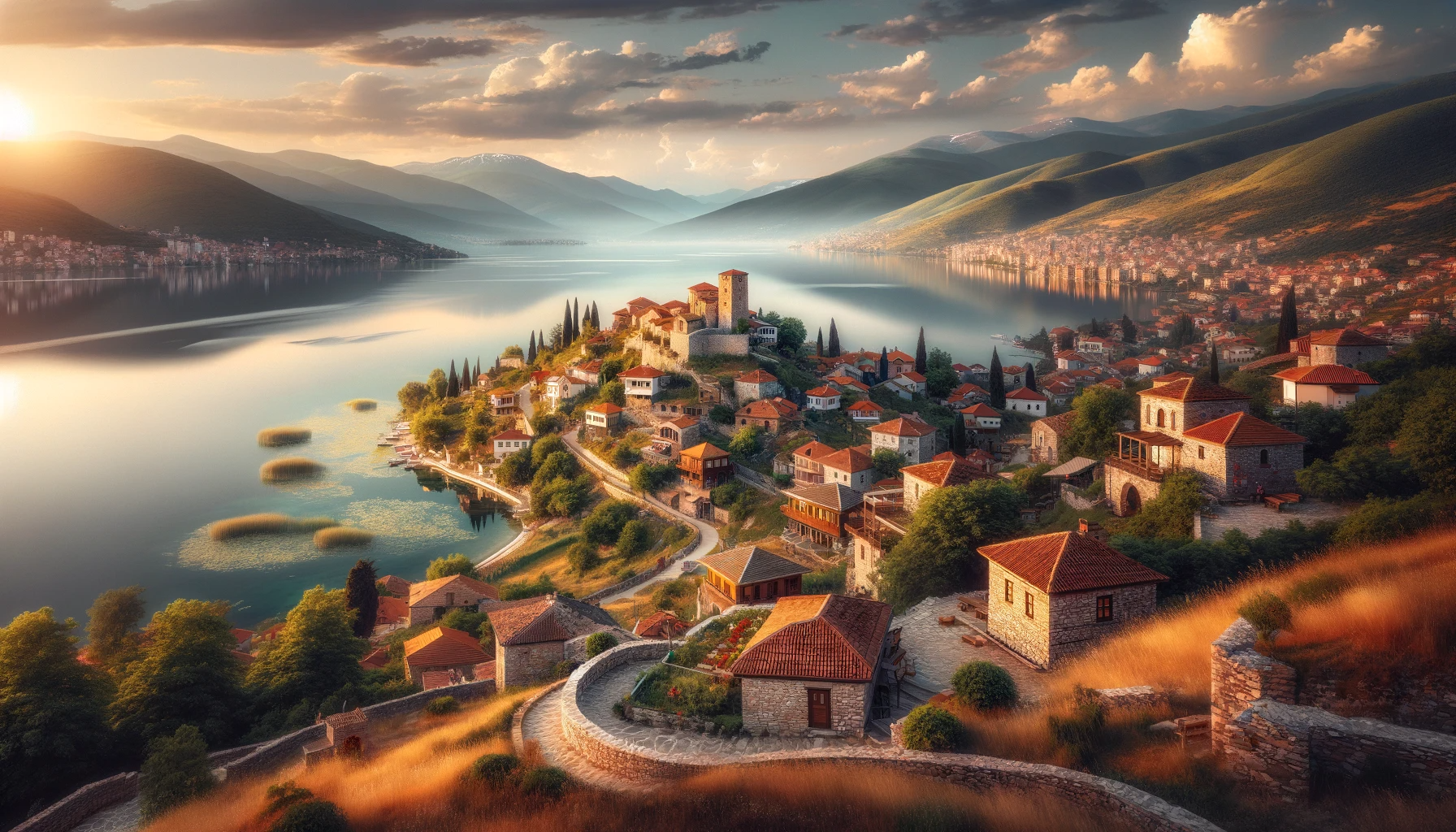North Macedonia is a country with a complex history, diverse cultural landscape, and natural beauty. It continues to navigate its path towards greater economic development and international integration, balancing its rich traditions with modern aspirations.
List of Public and National Holidays in North Macedonia for the year 2024
- New Year’s Day – Monday, 1 January 2024
- Orthodox Christmas Day – Sunday, 7 January 2024
- Orthodox Christmas Holiday – Monday, 8 January 2024
- Ramazan Bajram – Wednesday, 10 April 2024
- Labour Day – Wednesday, 1 May 2024
- Orthodox Easter Monday – Monday, 6 May 2024
- St Cyril and St Methodius Day – Friday, 24 May 2024
- Ilinden Day (Repbulic day) – Friday, 2 August 2024
- Independence Day – Sunday, 8 September 2024
- Independence Day Holiday – Monday, 9 September 2024
- Revolution Day – Friday, 11 October 2024
- Day of the Macedonian Revolution – Wednesday, 23 October 2024
- Saint Clement of Ohrid Day – Sunday, 8 December 2024
- Saint Clement of Ohrid Holiday – Monday, 9 December 2024

History
- Ancient and Roman Periods: The region of present-day North Macedonia has been inhabited since prehistoric times. It was part of the ancient kingdom of Macedon and later incorporated into the Roman Empire.
- Ottoman Rule and Balkan Wars: For centuries, the area was under Ottoman rule. It experienced significant change during the Balkan Wars and became part of the Kingdom of Serbs, Croats, and Slovenes (later Yugoslavia) after World War I.
- Breakup of Yugoslavia and Independence: Gained independence peacefully from Yugoslavia in 1991. The country faced challenges regarding its name, culminating in the 2019 Prespa agreement with Greece, leading to the renaming of the country to North Macedonia.
Geography
- Location: Located in the Balkan Peninsula in Southeast Europe, bordered by Kosovo, Serbia, Bulgaria, Greece, and Albania.
- Terrain and Climate: Characterized by mountainous terrain and valleys. The climate varies from Mediterranean in the south to continental in the north.
Culture
- Rich Cultural Tapestry: A blend of Slavic, Mediterranean, Ottoman, and Albanian influences. The country is known for its rich folk traditions, music, dance, and crafts.
- Religion: Predominantly Orthodox Christian, with a significant Muslim minority.
- Cuisine: Features a mix of Balkan and Mediterranean influences, known for dishes like tavče gravče (bean stew), ajvar (pepper-based condiment), and Macedonian wines.
Economy
- Transitional Economy: Transitioning from its socialist past to a market-based economy. Agriculture, textiles, and metal processing are significant sectors.
- Challenges and Growth: Economic challenges include high unemployment and the need for structural reforms. Efforts are ongoing to attract foreign investment and promote tourism.
Society
- Ethnic Diversity: Home to a diverse population, including ethnic Macedonians, Albanians, Turks, and other minority groups.
- Languages: Macedonian is the official language, with Albanian also widely spoken in areas with significant Albanian populations.
- Education and Healthcare: The country has made strides in improving its education and healthcare systems but continues to face challenges in these areas.
Environmental Focus
- Natural Beauty: Known for its scenic landscapes, including three national parks, numerous lakes, and the Vardar River.
- Conservation Efforts: Focused on preserving its rich biodiversity and natural resources. Environmental challenges include air pollution and maintaining the quality of water bodies.
Government and Politics
- Parliamentary Democracy: A parliamentary republic with a president as the head of state and a prime minister as the head of government.
- EU and NATO Aspirations: Aspiring to join the European Union and NATO, with ongoing reforms to meet membership criteria.
Tourism
- Historical and Natural Attractions: Offers a mix of historical sites, including the old bazaar of Skopje, ancient ruins, and natural attractions like Lake Ohrid, a UNESCO World Heritage site.
- Cultural Tourism: Rich in cultural and religious heritage, with various festivals and events showcasing traditional music, dance, and crafts.
Challenges and Future Outlook
- Economic Development: Focused on economic development, integration into global markets, and attracting foreign investment.
- Social Cohesion: Addressing ethnic tensions and fostering social cohesion among its diverse population.
- International Relations: Navigating its path towards European Union and NATO membership while maintaining regional stability.
In summary,

